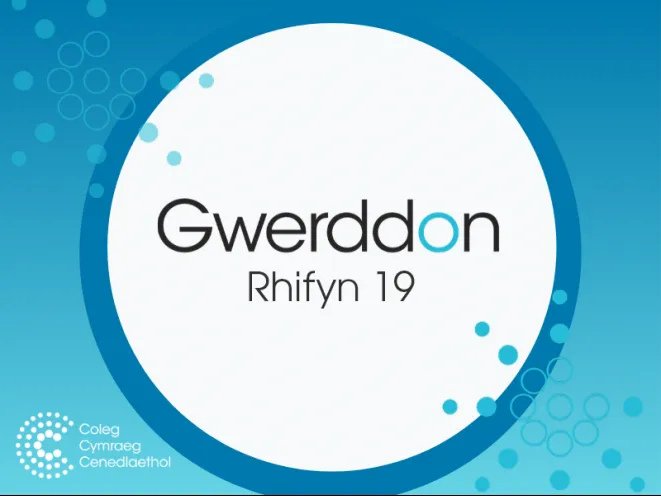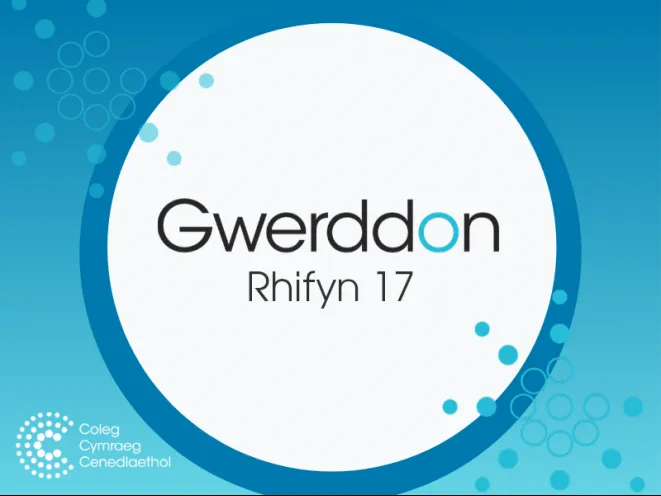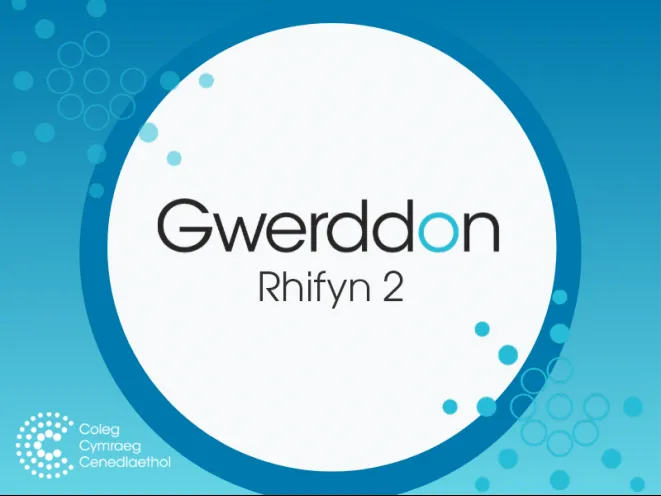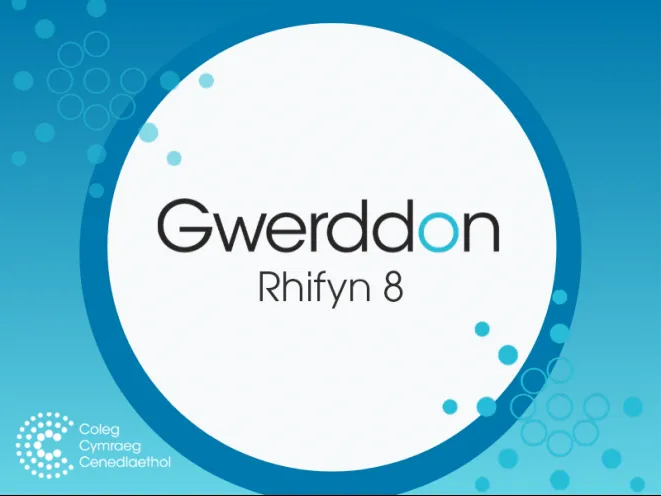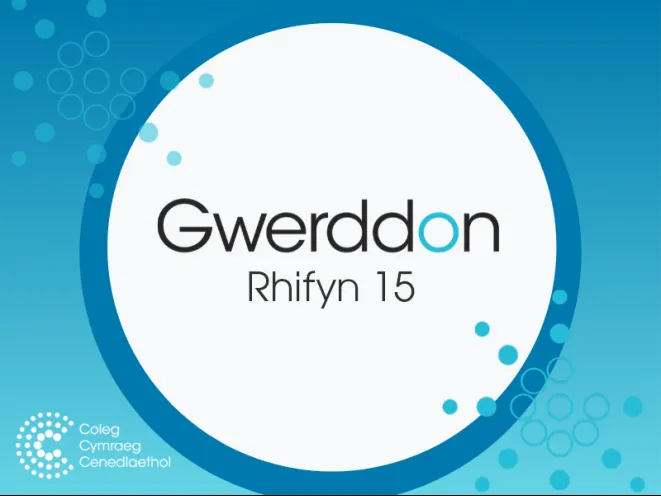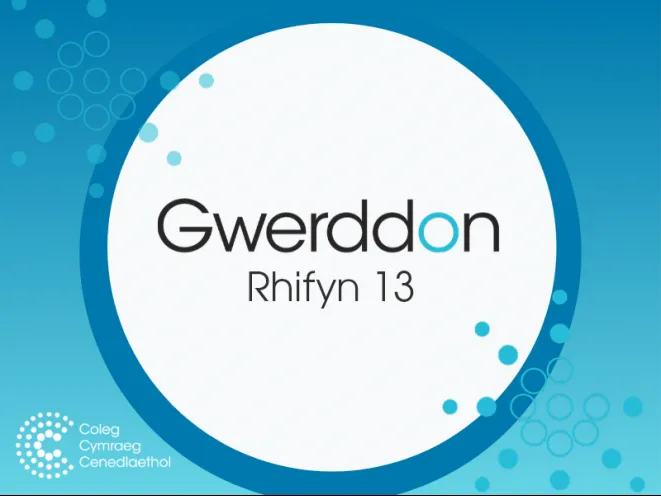In recent years, considerable attention has been given to the experiences of minority groups which are marginalised within a rural context. However, little attention has been paid to religious minorities in rural regions. This scarcity of attention is surprising considering the attention paid to religion in issues of multiculturalism and inclusive citizenship. This paper discusses the experiences of one particular religious group, Muslims, in rural west Wales. The article concentrates on experiences of absence from the landscape (i.e. the physical landscape and the broader images and values that convey ideas about places), which can create difficulties in fostering a sense of community. It also looks at local Muslims’ construction of the landscape in moral and Christian terms. The paper suggests that these experiences transcend ideas of ‘exclusion/belonging’, and attest to a complex relationship between local Muslims and this rural region.
Muslims in Rural Wales: disconnection, faith and belonging
Improving healthcare services with patients' help: Collecting PROMs and PREMs throughout Wales
Pressures on NHS Wales means that we need to adopt new ways of providing high standards of care using available resources. One method is to work closely with patients by collecting Patient Reported Outcome Measures (PROMs) and Patient Reported Experience Measures (PREMs). It is hoped that collecting such data will help achieve prudent healthcare. This article provides an overview of the development of the first national collection system in Wales. Over 3 years the system has collected 66,000 PROMs and PREMs from 25,000 patients, and early uses of this data have shown the potential to improve services. The long-term aim is to make such data collection a routine part of secondary care in Wales.
Salem's Peace? A close reading of Cliff McLucas's portrait of Cynog Dafis
In 1987, the artist Cliff McLucas was working at Ysgol Gyfun Ddwyieithog Dyffryn Teifi on a project titled ‘The Dyfed Media Residency’. As part of his work, he created a series of portraits of teachers and related staff using the technique of photographic collage. Amongst these pictures is a portrait of the school’s English teacher at the time, the politician and Welsh-language activist, Cynog Dafis. I propose a close reading of this portrait that centres on Dafis’ public political career in the context of McLucas’ own life experience. McLucas moved from Scotland to Tregroes, Ceredigion, in 1973. At the same time he learnt Welsh. McLucas’s portrait will be discussed in terms of a self-conscious response to his presence as an incomer in Ceredigion whilst facing a member of the intellectual elite of his host culture. In conclusion, a relationship between McLucas’ portrait of Dafis and Sidney Vosper Curnow’s painting from 1908, ‘Salem’, will be suggested. At the end of the article, a short post-script relates the discussion of McLucas’ portrait of Dafis to contemporary issues of in-migration and out-migration in and from rural areas of Wales.
The flow of ionised atmosphere over the north pole
The paper investigates the structure and behaviour of the nighttime ionised (electrified) atmosphere in the polar and auroral regions; the region where the aurora borealis occurs. Of particular interest are plasma structures on horizontal scales of hundreds of kilometres. The observations presented were made by the radiotomography experiment of the University of Wales, Aberystwyth, which has four satellite receiving systems in the high Arctic near the north pole, at Ny Ålesund and Longyearbyen on Svalbard, Bjørnøya (Bear Island) and Tromsø on mainland Norway. Comparisons of tomography images with observations of plasma flow by the international SuperDARN radar suggest that large density plasma produced on the dayside flows across the polar region and into the night sector. The results contribute to the interpretation of physical processes that couple the Earth's environment with space, and are also of interest to users of radio systems where the ionised atmosphere can degrade the propagation of the signals.
A critical discussion on the contribution of service users to social work education in Wales
This article reports on the findings of initial work undertaken to assess the contribution of service users / carers to social work education at a higher education institution in Wales and also critically discusses the contribution of service users / carers to social work education. The role of service users / carers in this context continues to be unclear. We suggest that this is reflected in the comments of service users / carers, who often talk about the value of their contribution to social work education in terms of personal benefits - often therapeutic – which they experience from taking part. Social work students are enthusiastic about the contribution of service users / carers to their education, and believe it is useful, but they have varying ideas on how and what the contribution of service users / carers could and should be.
Case study: the impact of digital media on the content and the function of O’r Pedwar Gwynt and Y Stamp
This article examines the influence of digital media on the contemporary Welsh literary field by describing and comparing two literary magazines that combine printed and digital elements. O’r Pedwar Gwynt and Y Stamp were launched during 2016 and they are the only two literary publications in Welsh with regular presence both on paper and online. By analysing them, traditional ideas about the literary production process are challenged, particularly those relating to the nature of the literary object and the role of producers (editors and authors) and consumers (readers). Based on concepts rooted in media studies (Marshall McLuhan) and the theory of social fields (Pierre Bourdieu) the emphasis will be on the possibilities of projects that combine features of both media and literary productions.
The History of Friendship in Michael Roes' Geschichte der Freundschaft (2010)
This article examines the way Michael Roes redefines friendship in his novel Geschichte der Freundschaft (The History of Friendship) by usig texts by other writers and philosophers. After placing Roes’ novel in its historical and cultural context, the article compares Geschichte der Freundschaft with Tahar Ben Jelloun's novel Partir / Leaving Tangier (2006). The final section of the article then interprets Roes’ use of intertexts on the subject of male-male friendships. The focus is on Roes’ appropriation of texts by Friedrich Nietzsche and Michel Foucault, which throws light on his treatment of the novel’s central theme, friendships between men, and homosexual relationships.
Evaluating 'Cymdeithasiaeth': the political ideas of Cymdeithas yr Iaith Gymraeg
This article examines cymdeithasiaeth, a set of political ideas developed by Cymdeithas yr Iaith Gymraeg (the Welsh Language Society) arising from the Society’s campaigning experience. The article’s main aim is to evaluate ‘cymdeithasiaeth’, and to consider the ideation and the relationship between the theory and political practice. Community is an integral part of the philosophy of ‘cymdeithasiaeth’, and the article attempts to answer the question; ‘what is the role of community and the political relevance of ‘cymdeithasiaeth’ today?’ The discussion begins by examining the ideation of ‘cymdeithasiaeth’ as it developed alongside Cymdeithas yr Iaith Gymraeg’s experience of direct action. The role of community in the political tradition of Wales in the modern period is discussed, and a critical look is taken at the role of community and community development in today’s politics. Finally, a discussion on the evaluation of ‘cymdeithasiaeth’ takes place.
Ensuring future availability of ruminant products of the highest quality
Government statistics illustrate that by 2050 there will be a shortage of meat and milk due to globalpopulationgrowth and the increaseddemand from the Far East. Ensuring food security in terms of availability and nutritionalsafety is, therefore, important for our future existence. Central to achieving milk and meat security are ruminants. Ruminants have a four chambered stomach composed of the reticulum, rumen, abomasum and omasum with microbial fermentation of forage occurring in the rumen. Rumen microbial fermentation is largely responsible for animal production, ruminant product quality and much of greenhouse gas emissions. Indeed, when forage reaches the rumen, the rumen microbes degrade the plant cell wall and subsequently metabolise plant cell content, including plant amino acids and proteins which they convert into proteins that they can utilise. In order to ensure availability of milk and meat of the best possible quality (with the least greenhouse gas emissions) for the future, we must increase our understanding of the plant-microbe interactome using the principles of systems biology and 'omic' technology.
Principle and propaganda: the Franco regime and the Rhos Choir
This article examines a Welsh choir’s visit to Franco’s Spain at the invitation of the Francoist organisation Educación y Descans (Education and Leisure). At first the invitation sparked a debate in the local press on the principles of travelling to a country that was at the time shunned by the international community. The choir itself came from an area which had provided volunteers for the international brigades, but which was also co-incidentally involved with the establishment of an international music festival in the name of peace and understanding. The article examines the account of the choir’s journey to Spain, and discusses how the image of the Franco regime is portrayed in that account. The article also analyses to what extent the choir’s visit was used as propaganda by Franco as his foreign policy shifted with the advent of the Cold War.
Welsh language provision for young children: landmarks and challenges in the development of nursery education ...
The development of Welsh medium early years education has been a story of singular success over the last century. With the establishment of the National Assembly in 2000, Wales further forged its own vision for its young children. One of its first priorities, for example, was the Foundation Phase with its radical approach. This paper offers an overview of the historic development of nursery education in Wales, before and post devolution. Welsh language and Wales policies are set in the context of wider influences, both research and pedagogic, on early childhood care and education, for example the evidence on good practice from the EPPE (The Effective Provision of Pre-School Education Project) study. Focus will be on Welsh language provision, highlighting the role and contribution of Mudiad Meithrin. The paper will consider issues, research and theoretic, relating to early bilingualism. It concludes with a critical analysis of the challenges facing the field of early childhood services in Welsh in light of current political and policy developments. For the purposes of this paper, addysg feithrin (nursery education) is defined as the care and education provision for children 3–5+ years, and the term blynyddoedd cynnar (early years) is used for the same group.
Renewable community energy: A review of the current situation and future possibilities of this unique sector
The renewable energy sector is growing as states aim to curtail their carbon emissions and establish a more sustainable strategy to generate energy. Despite this, there are arguments that large-scale renewable energy developments do not contribute towards community sustainability and local economies. According to recent research, community energy projects – renewable energy projects that are part or fully owned by a geographically distinct community – are seen as a means of generating energy in a way that is more sympathetic, equitable and sustainable. This article reviews the current literature that debates the benefits and obstacles facing the community energy sector.

